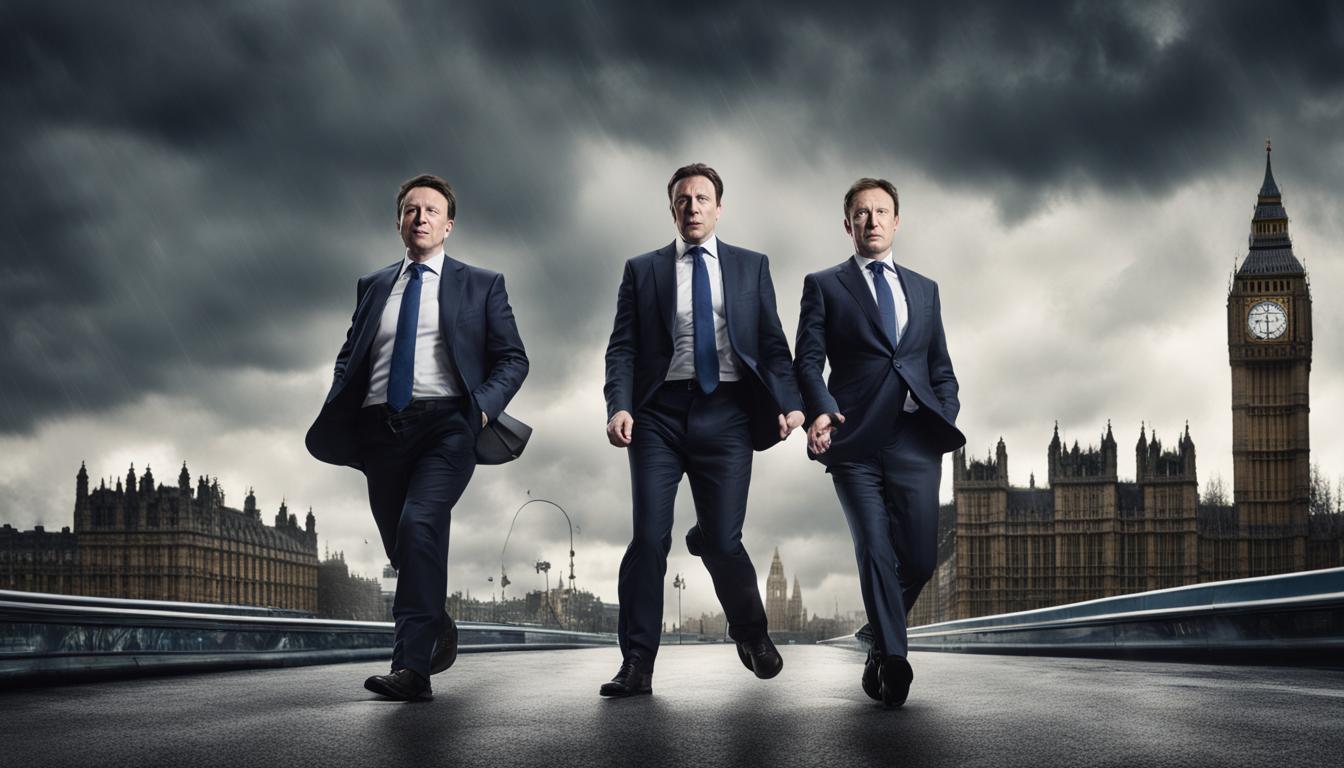Local elections in the UK are set to serve as a critical gauge of the Conservative Party’s appeal under Prime Minister Rishi Sunak’s leadership, with notable races in Tees Valley and West Midlands indicating potential Conservative victories.
In recent political developments, the Conservatives are anticipated to achieve victories in the Tees Valley and West Midlands mayoral races, as shown by a YouGov poll. In Tees Valley, Ben Houchen is reportedly leading, while Andy Street holds a narrow lead in the West Midlands. These upcoming local elections hold significant weight, as outcomes may influence internal dynamics within the Conservative Party and Prime Minister Rishi Sunak’s leadership, which has been under scrutiny.
In London, Reform UK’s mayoral candidate Howard Cox has pledged to abolish the Ultra Low Emission Zone (Ulez) and refund any fines paid. As a long-time advocate for motorists through the FairFuelUK campaign, Cox’s proposals focus on reducing living costs and cater to tradespeople negatively impacted by the Ulez. His broader campaign priorities include increasing the police presence, boosting affordable housing availability, and committing to creating a memorial for Queen Elizabeth II.
Meanwhile, Sir Graham Brady, the chairman of the 1922 Committee, has proposed a significant change to the Conservative leadership election process. Brady suggests that when a prime minister is ousted, the subsequent leader should be selected solely by Conservative MPs, excluding party members from the final decision. This proposal follows perceived inconsistencies in the current system, where MPs can initiate the ousting of a leader but have no final say in the selection of their replacement.
The local elections are poised to be a litmus test for the Conservative Party’s broader appeal, touching on key battlegrounds and potential shifts in power across various UK councils. In places like Dudley and Woking, both major parties and smaller entities like the Lib Dems are actively contesting to change or maintain control, reflecting the dynamic and evolving nature of UK politics. These elections are an important precursor to identifying trends and potential outcomes in future national elections.













